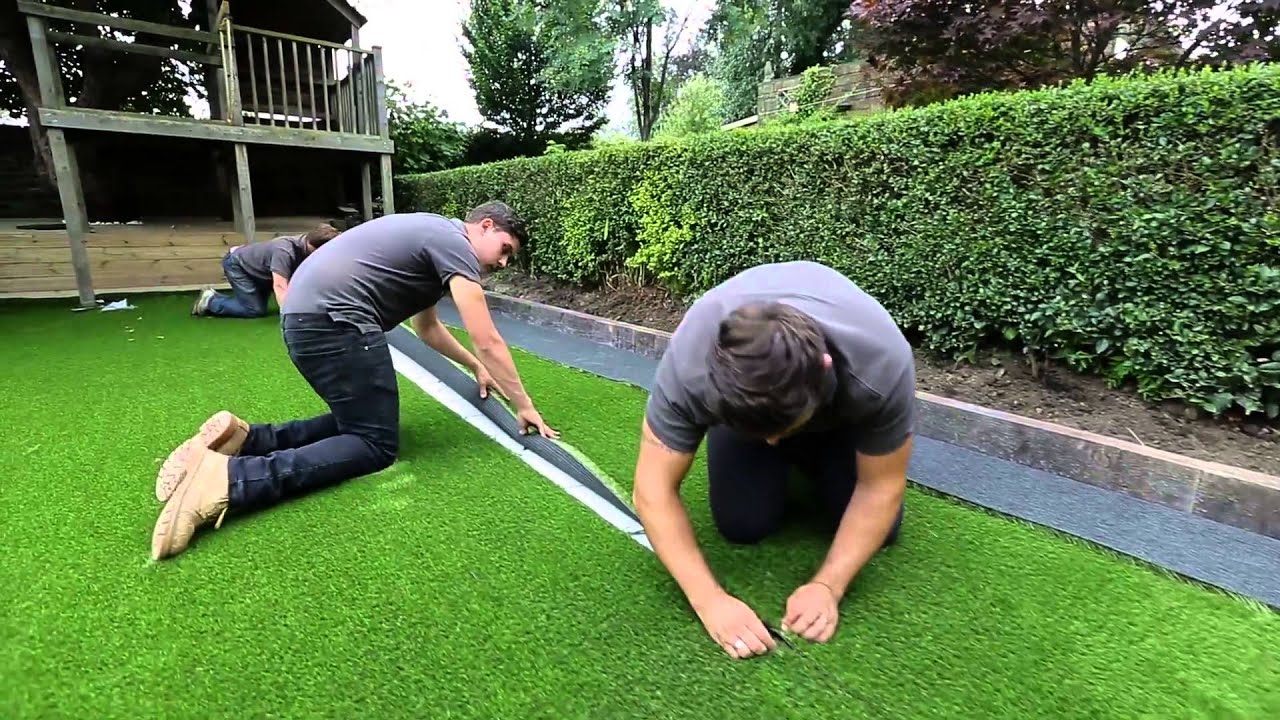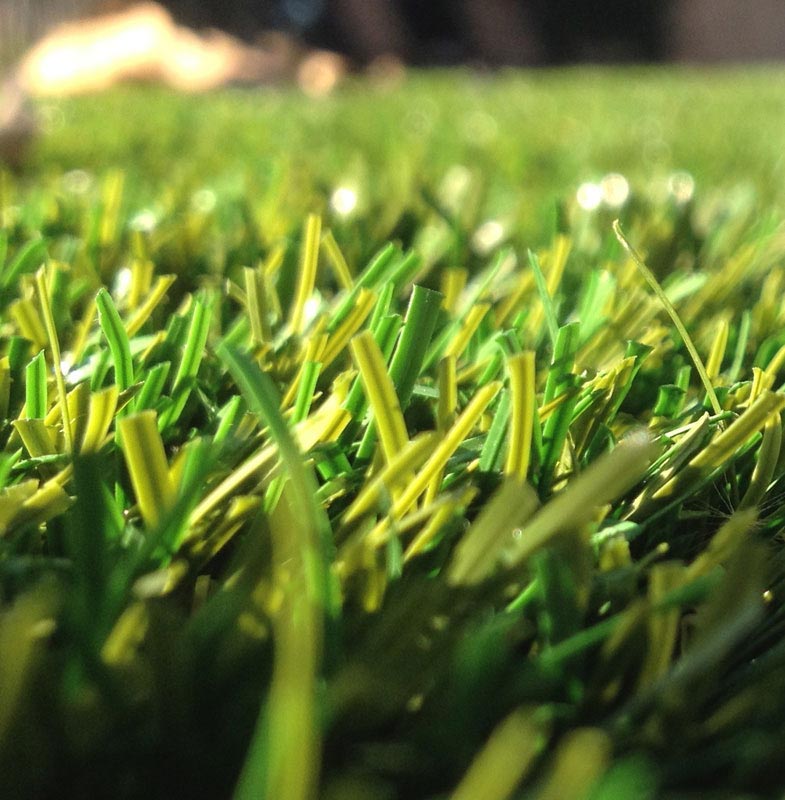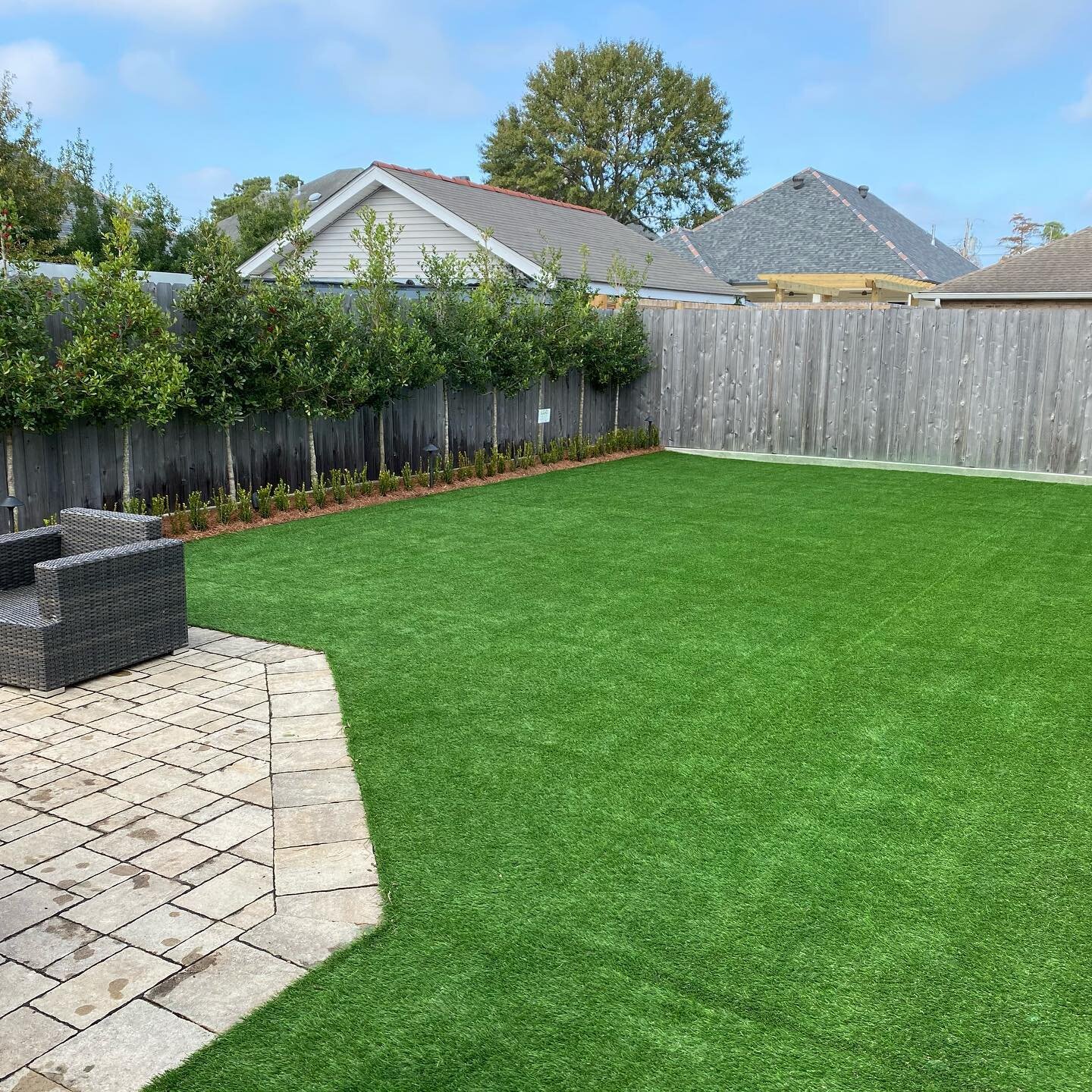Luxury Arizona Turf Installation Services for Homes and Businesses
Luxury Arizona Turf Installation Services for Homes and Businesses
Blog Article
Explore the Environmental Perks of Opting for Synthetic Grass Solutions
The adoption of fabricated grass remedies provides an engaging possibility to deal with pressing ecological difficulties. By considerably reducing water use and reducing the application of dangerous chemicals, these alternatives not only promote lasting landscaping however additionally safeguard neighborhood ecosystems. The reduced carbon footprint connected with reduced maintenance tasks contributes to a much more lasting technique to land management. However, the effects of these advantages extend past plain conservation efforts, raising questions regarding their long-term effect on habitat preservation and general environmental balance. Checking out these measurements discloses a complicated interaction worth considering.
Water Conservation Benefits
One of the most significant advantages of man-made grass is its capacity to conserve water. Typical lawn lawns need substantial irrigation, especially in locations vulnerable to drought or water restrictions. In comparison, man-made turf does not require watering, dramatically decreasing the general demand for water sources. This function is particularly helpful in dry regions where water scarcity is a pressing worry.
By removing the requirement for routine watering, synthetic grass adds to lasting landscape techniques and assists minimize the ecological effect of too much water consumption. Additionally, the preservation of water includes the reduction of overflow, which can lead to soil disintegration and river contamination.
Additionally, the setup of synthetic grass allows municipalities and house owners to allot water resources more successfully, focusing on crucial usages such as alcohol consumption water and agriculture. The shift towards man-made grass not only promotes liable water use but additionally straightens with wider ecological objectives focused on maintaining natural deposits.
As neighborhoods increasingly prioritize sustainability, the water conservation advantages of synthetic grass present a compelling situation for its adoption in property and commercial landscape design projects.
Minimized Chemical Use
The shift to synthetic grass considerably decreases the dependence on chemical therapies frequently made use of in natural yard maintenance. Standard turf monitoring normally includes the application of pesticides, herbicides, and plant foods to advertise development and control pests. These chemicals can present threats to human health and wellness, local wildlife, and the atmosphere, adding to dirt and water contamination.
In comparison, synthetic turf gets rid of the demand for these damaging materials. By reducing the release of artificial compounds into the community, fabricated grass advertises much healthier soil and water systems.
Furthermore, the absence of chemical overflow linked with synthetic grass installments assists safeguard neighborhood waterways from contamination, sustaining water life and preserving biodiversity. Turf installation phoenix az. As neighborhoods progressively prioritize lasting practices, choosing artificial grass provides a viable service that aligns with environmental preservation goals. With this shift, homeowner can delight in lush eco-friendly areas without jeopardizing environmental health and wellness, leading the way for a much more lasting future
Reduced Carbon Impact

In addition, the setup of synthetic grass can result in substantial water conservation. All-natural yards require substantial quantities of water for watering, which not just contributes to the carbon footprint connected with water extraction and treatment but also stress regional water sources. In contrast, fabricated lawn requires marginal maintenance, calling for no watering, therefore considerably lowering water usage and its associated power expenses.
Additionally, the long life of synthetic grass adds to its reduced carbon influence. With a life-span of as much as 15 years or more, the requirement for frequent replacements is lessened, resulting in less waste and lower power usage in manufacturing and getting rid of traditional grass options. Overall, man-made lawn provides a sustainable option for ecologically mindful landscape design.
Habitat Conservation
Habitat preservation is a crucial factor to consider in the discussion over landscape design selections, especially when comparing synthetic grass to natural grass. Natural lawn lawns frequently require substantial maintenance, including using pesticides, herbicides, and fertilizers, which can negatively impact local ecosystems. These chemicals can seep into the dirt and waterways, damaging native flora and animals and interrupting regional habitats.
Fabricated lawn over at this website gets rid of the demand for dangerous chemicals, thus protecting neighboring wild animals and preserving the integrity of bordering ecological communities. The installation of man-made turf can lead to the conversion of previous yard locations into more biodiverse landscapes, such as pollinator gardens or native plant areas, which can sustain neighborhood wildlife.
Ultimately, the shift to man-made grass not just conserves water and reduces maintenance efforts yet likewise fosters a more harmonious relationship between human tasks and the native environment, advertising environment preservation in the process.
Long-Term Sustainability
Long-term sustainability is a critical consider evaluating the benefits of synthetic grass over traditional grass lawns. Among one of the most substantial advantages of artificial lawn is its sturdiness; it can last as much as 15-20 years with very little maintenance, whereas natural turf needs constant reseeding and replacement. This long life reduces the need for consistent sources, such as water, fertilizers, and chemicals, which are vital for keeping a healthy and balanced grass yard.
In addition, synthetic grass contributes to a reduction in carbon emissions connected with grass treatment equipment. Conventional lawns usually require gas-powered mowers, leaners, and blowers, all of which add to air contamination. Phoenix turf companies. On the other hand, synthetic grass removes the demand for such equipment, promoting a cleaner atmosphere
Moreover, the production of synthetic grass significantly makes use of recycled materials, enhancing its sustainability account. As manufacturers adopt environmentally friendly methods, the environmental impact of synthetic grass remains to lessen.

Verdict
The adoption of synthetic grass solutions offers significant ecological benefits, consisting of significant water conservation, lowered dependence on damaging chemicals, and a lower carbon impact. Man-made turf help in preserving natural environments by lessening land disturbance and promoting long-term sustainability through the use of long lasting materials. Collectively, these aspects highlight the potential of man-made lawn to add positively to environmental health and offer a practical option to standard landscaping techniques in a significantly resource-conscious world.
In contrast, synthetic grass does not require watering, dramatically reducing the total demand look here for water resources. By decreasing the release of artificial substances into the ecological community, man-made lawn promotes much healthier soil and water systems.
Furthermore, the installation of man-made turf can result in considerable water preservation. In comparison, fabricated grass needs marginal maintenance, calling for no watering, therefore substantially reducing water usage and its linked power prices.

Report this page